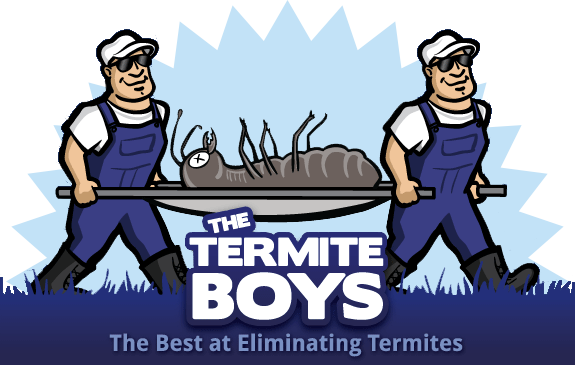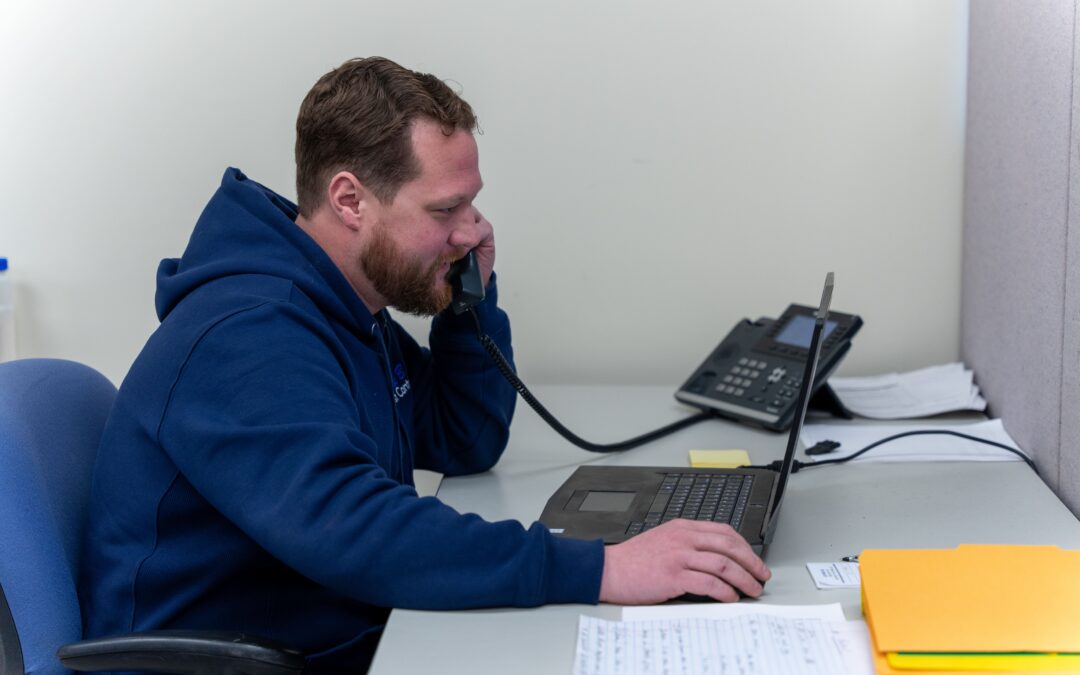If you own a property or are planning to purchase one, it’s essential to check for termites regularly. These tiny insects can cause significant damage to your home, leading to costly repairs. But when should you check for termites? In this article, we will explore everything you need to know about termite inspections and when you should schedule them.
What are Termites?
Termites are small, winged insects that feed on wood and other cellulose materials. They are often referred to as “silent destroyers” because they can cause significant damage to a property without being noticed. Termites are attracted to moisture and are found in most parts of the world, except for the coldest regions.
Why are Termite Inspections Important?
Termite inspections are crucial for protecting your property from termite damage. A termite inspection can identify any signs of termite activity before they cause serious damage to your home. Early detection can save you thousands of dollars in repair costs and prevent extensive damage to your property.
Signs of a Termite Infestation
Termites are not easy to spot, and it can take years for them to cause visible damage. However, there are some signs you can look out for that may indicate a termite infestation, including:
- Mud tubes on exterior walls or wooden beams
- Discarded wings from swarming termites
- Hollow-sounding wood
- Blistering or peeling paint
- Buckling or sagging floors
If you notice any of these signs, it’s essential to schedule a termite inspection as soon as possible.
When Should You Check for Termites?
It’s recommended to check for termites annually, especially if you live in an area with a high risk of termite infestations. However, there are some situations where you should check for termites more frequently, including:
- If you live in an area with a high risk of termite infestations
- If you notice any signs of termite activity
- After a flood or heavy rain
- Before buying or selling a property
- If you have recently had any renovations or construction work done on your property
How Often Should You Get a Termite Inspection?
It’s recommended to get a termite inspection at least once a year. However, if you live in an area with a high risk of termite infestations, it’s best to get a termite inspection every six months. Regular termite inspections can detect any signs of termite activity before they cause significant damage to your property.
What Happens During a Termite Inspection?
During a termite inspection, a licensed pest control professional will thoroughly inspect your property for any signs of termite activity. They will look for mud tubes, termite wings, and any visible damage to wooden structures. They may also use thermal imaging cameras to detect termite activity behind walls and other hidden areas.
What to Do if Termites Are Found
If termites are found during a termite inspection, it’s essential to take action immediately. A licensed pest control professional can recommend the best treatment for your specific situation. Treatment options may include liquid termiticides, bait stations, or fumigation. It’s important to address the termite infestation as soon as possible to prevent further damage to your property.
How to Prevent Termite Infestations
Prevention is key when it comes to termite infestations. Here are some tips to prevent termites from infesting your property:
- Keep wood away from the foundation of your home
- Fix any leaks or moisture problems in your home
- Keep gutters clean to prevent water buildup
- Trim trees and bushes away from your home
- Use mulch sparingly and keep it away from the foundation of your home
- Regularly inspect your property for any signs of termite activity
DIY Termite Inspections
While it’s recommended to have a professional termite inspection, there are some things you can do yourself to check for termite activity. Here are some steps for a DIY termite inspection:
- Check the exterior of your home for any signs of mud tubes, termite wings, or visible damage to wooden structures.
- Inspect the interior of your home, paying particular attention to areas with water sources such as bathrooms and kitchens.
- Tap on wooden structures and listen for a hollow sound, which may indicate termite damage.
- Use a flashlight to inspect dark areas such as crawl spaces and basements.
Professional Termite Inspections
Professional termite inspections are recommended because licensed pest control professionals have the knowledge and equipment to thoroughly inspect your property for any signs of termite activity. They can also recommend the best treatment options if termites are found.
Cost of Termite Inspections
The cost of a termite inspection varies depending on the size of your property, the location, and the extent of the inspection required. Generally, a termite inspection costs between $75 and $150.
Termite Inspection Reports
After a termite inspection, you will receive a report detailing any findings and recommendations for treatment. The report may also include a diagram of your property, indicating areas of concern.
Termite Control Methods
There are several termite control methods, including:
- Liquid termiticides: A liquid solution is applied to the soil around your property to create a barrier against termites.
- Bait stations: A bait station is installed in the ground around your property, and when termites feed on the bait, it is carried back to the colony, eventually leading to the colony’s destruction.
- Fumigation: A tent is placed over your property, and a gas is used to kill termites.
Termites can cause significant damage to your property, so it’s essential to check for termite activity regularly. Annual termite inspections are recommended, but it’s also important to check for termites after any significant changes to your property or if you notice any signs of termite activity. Prevention is key when it comes to termite infestations, so be sure to take steps to keep termites away from your property.
FAQs
- What is the best time of year to get a termite inspection?
- It’s recommended to get a termite inspection at least once a year, but the best time of year may depend on your location and climate.
- Can I do a termite inspection myself?
- While it’s possible to do a DIY termite inspection, it’s recommended to have a licensed pest control professional perform the inspection.
- How long does a termite inspection take?
- The duration of a termite inspection depends on the size of your property and the extent of the inspection required.
- Can I prevent termite infestations on my own?
- There are several steps you can take to prevent termite infestations, such as keeping wood away from your foundation, fixing any moisture problems in your home, and regularly inspecting your property for signs of termite activity. However, if you already have a termite infestation, it’s best to seek professional help.
- How much does termite treatment cost?
- The cost of termite treatment varies depending on the extent of the infestation and the method of treatment. It’s best to get a quote from a licensed pest control professional.

